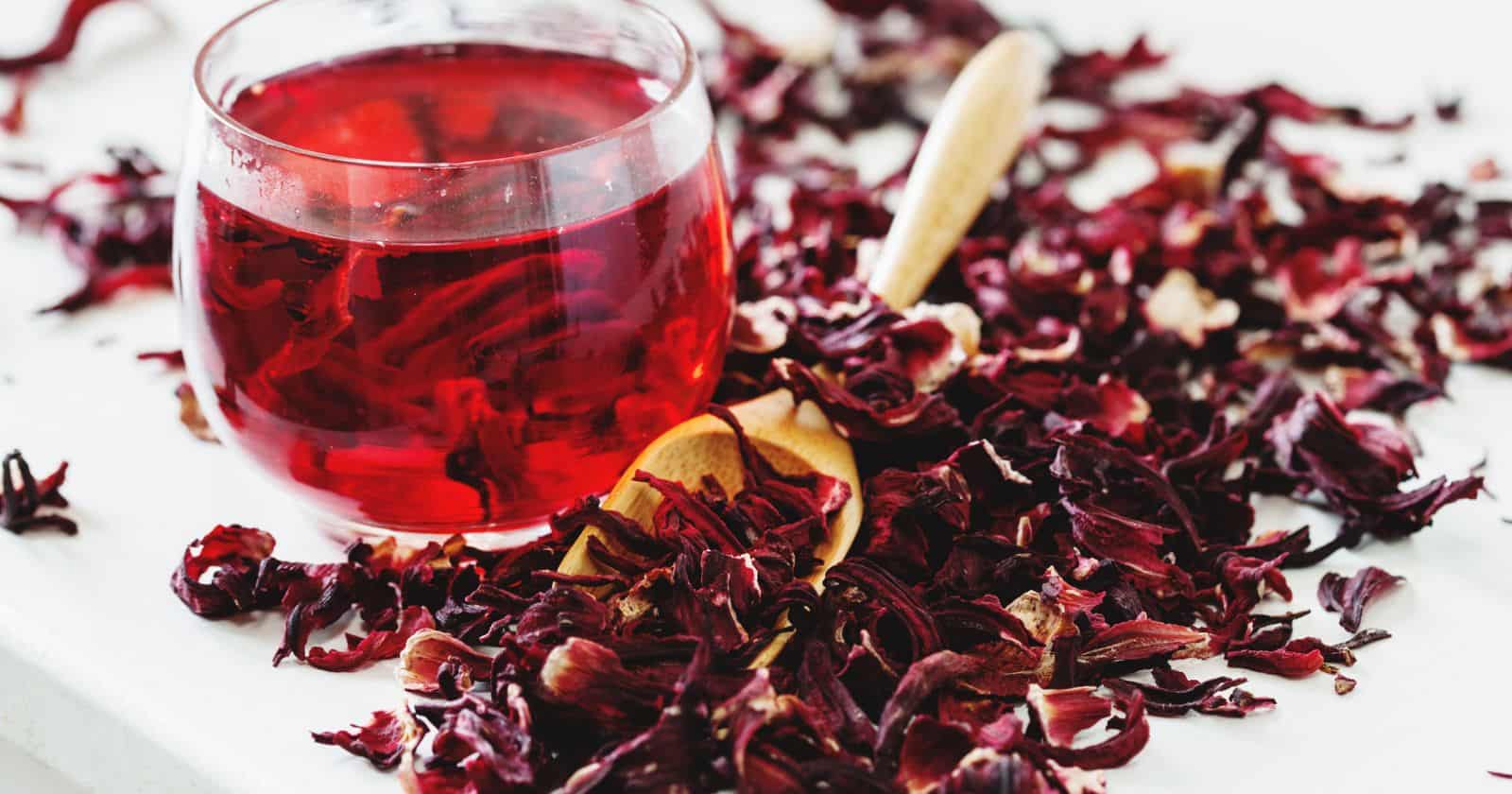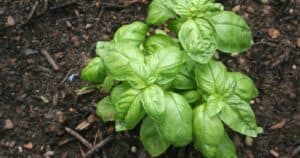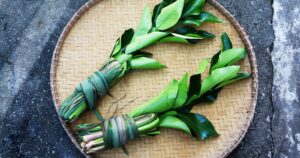For those of us who love flowers, hibiscus is a familiar sight. But did you know this flower can do more than add beauty to your garden? With its impressive range of health benefits, hibiscus is becoming increasingly popular in wellness.
This post will cover everything you need to know about hibiscus, from its history and cultural significance to its scientific properties and potential health benefits.
First, let’s explore the origins of the hibiscus plant and its uses throughout history. From ancient medicinal practices to modern urban gardening, hibiscus has significantly influenced various cultures worldwide. We’ll then dive into the science behind hibiscus and its many health benefits.
This plant boasts an impressive array of wellness perks, from reducing blood pressure and cholesterol levels to aiding in weight loss and digestion.
Finally, we’ll explore some exciting recipes and methods for incorporating hibiscus into your daily routine.
Introduction: Discovering the Many Benefits of Hibiscus
Hibiscus is a herb that is known for its numerous health benefits. Packed with antioxidants, this plant can help with weight loss and support cardiovascular health.
Hibiscus tea can lower blood pressure, soothe sore throats, and manage weight. Several scientific studies have confirmed these health benefits, making hibiscus a powerful addition to any diet.
What Is Hibiscus?
Hibiscus is a beautiful flowering plant native to tropical and subtropical regions of the world. The plant produces large, colorful blossoms commonly used in ornamental settings. The hibiscus plant is also used in traditional medicine to treat a variety of ailments. The plant’s leaves, flowers, and calyxes are edible and can be brewed as a tea or used as a flavoring in foods and beverages.
Health Benefits of Hibiscus
- Cardiovascular Health: Studies have shown that hibiscus consumption can help reduce blood pressure and lower cholesterol levels, reducing the risk of cardiovascular disease.
- Weight Loss: Hibiscus is a natural diuretic that can help reduce bloating and water retention. Additionally, it can help suppress appetite, making it an ideal supplement to healthy weight loss regimens.
- Reduced Bacterial Growth: Hibiscus contains natural antibacterial properties that can help reduce the growth of harmful bacteria in the body. This can help boost immunity and reduce the risk of infection.
- Antioxidant Properties: Hibiscus is packed with antioxidants, which help fight free radicals that can cause damage to cells and DNA. This can help reduce the risk of chronic diseases such as cancer and heart disease.
- Soothes Sore Throat: Drinking hibiscus tea can help soothe irritation and inflammation in the throat, making it a popular remedy for sore throat and coughs.
The History and Cultural Significance of Hibiscus
Hibiscus has a rich history and cultural significance, dating back to ancient civilizations. In Hindu mythology, the hibiscus flower is used as an offering to worship the goddess Kali. The plant is also revered as a symbol of national identity in several tropical islands. Hibiscus has been used medicinally in cultures all over the world to treat a variety of ailments.
The ancient Egyptians and Sudanese used bottomless red tea from the hibiscus calyces as an herbal remedy for various ailments. In West Africa, hibiscus tea is used traditionally to treat constipation and fever. In Iran, it is mixed with mint and used to treat high blood pressure.
Hibiscus is known for its beauty and youthfulness, and the dish “hibiscus” derives from the Egyptian dish “ibis,” which means “consecrated to the sacred bird ibis.” Besides its medicinal properties, hibiscus is used in cosmetics, cuisine, and textiles. Hibiscus dye is used to color fabrics with shades of pink, purple, and blue.
Reducing Blood Pressure with Hibiscus
The fact is that hibiscus can be a powerful ally in reducing blood pressure. Studies have shown that a cup of hibiscus tea a day can lower blood pressure by up to 10 points thanks to its anti-inflammatory properties.
But that’s not all – research has also found that hibiscus tea can be just as effective as some standard anti-hypertensive drugs. This is excellent news for those looking for a natural way to lower their blood pressure without medication.
So, how does hibiscus work its magic? The answer lies in its ability to improve the function of the endothelium, which is the thin layer of cells that line the blood vessels.
When the endothelium doesn’t function properly, it can lead to high blood pressure and other cardiovascular problems. Hibiscus helps to relax the blood vessels, leading to lower blood pressure.
Another benefit of hibiscus is its high concentration of antioxidants, which can help to protect the heart and blood vessels from damage. Research has found that hibiscus can also help lower LDL (harmful) cholesterol levels, another risk factor for heart disease.
But hibiscus isn’t just good for reducing blood pressure and has many other health benefits. For example, studies have found that hibiscus can help to improve liver health, boost the immune system, and even aid in weight loss.
Lowering Cholesterol Levels with Hibiscus
Hibiscus is a natural and effective way to lower cholesterol levels. Studies have shown that hibiscus flower extracts can help reduce serum cholesterol levels, making it a potential solution for those with high lipid levels.
The intake of sour tea made from Hibiscus sabdariffa has also been found to benefit patients with elevated cholesterol levels.
Hibiscus tea has been proven to significantly reduce blood serum cholesterol levels and prevent oxidation of LDL. Additionally, it has been found to lower triglyceride levels in those with diabetes and metabolic syndrome.
If you want to lower your cholesterol levels naturally, hibiscus tea is a great place to start. Here are some more detailed ways in which hibiscus can help:
- Hibiscus is rich in antioxidants, which help prevent the oxidation of LDL cholesterol. This process can cause LDL to accumulate in the arteries and increase your risk of heart disease. By preventing LDL oxidation, hibiscus can help lower your risk of heart disease.
- Hibiscus is also rich in polyphenols, which have been found to help reduce blood pressure. High blood pressure is another risk factor for heart disease, so incorporating hibiscus into your diet could have multiple heart-healthy benefits.
- Hibiscus has been shown to help improve insulin sensitivity in people with type 2 diabetes. Insulin resistance is a common problem in people with diabetes and can lead to elevated cholesterol levels. By improving insulin sensitivity, hibiscus may help lower cholesterol levels in people with diabetes.
Aiding in Weight Loss and Digestion with Hibiscus
Yes, hibiscus can indeed be a great help for weight loss and digestion. This potent little flower contains anthocyanins and flavonoids that can boost your metabolism, help burn fat, and reduce the amount of sugar and carbohydrates you absorb from food.
Studies have shown that hibiscus can even help regulate the genes responsible for fat digestion, making it a valuable ally in the fight against obesity.
Interested in learning more about how hibiscus can help your weight loss and digestion goals? Here are a few more details to keep in mind:
- Hibiscus tea is a great way to enjoy the benefits of this flower. Brew yourself a cup in the morning for a tasty and healthy way to start your day.
- Hibiscus can help reduce inflammation, making it easier for your body to digest food and absorb nutrients.
- The antioxidants in hibiscus can help protect your gut from damage caused by free radicals, making it an excellent choice for those who want to boost their digestive health.
Exciting Recipes and Methods for Incorporating Hibiscus into Your Daily Routine
Exciting news! There are so many fun and delicious ways to incorporate hibiscus into your daily routine. Want something quick and easy? Try brewing some hibiscus tea by steeping dried hibiscus flowers in boiling water and adding sugar or honey. But why stop there? Check out these other amazing recipes:
- Lavender Lemonade with Hibiscus: This refreshing drink is made with fresh lavender and hibiscus flowers, plus lemon juice, honey, and sparkling water.
- Blueberry Watermelon Hibiscus Smoothie: Blend up frozen blueberries and watermelon with hibiscus tea and honey for a sweet and healthy breakfast or snack.
- Hibiscus Sangria: Mix up a pitcher of this fruity and floral sangria using red wine, brandy, orange juice, diced fruit, and hibiscus tea. Perfect for a summer gathering!
Hibiscus Substitute
Are you looking for a hibiscus substitute? You’re in luck! There are plenty of viable options, each with its unique properties and benefits. Here’s what you need to know:
- Rose hips are an excellent substitute for hibiscus regarding flavor and magic. They’re a popular choice for tea blends and offer a slightly sweeter taste than hibiscus.
- If you’re making cocktails and don’t have any hibiscus syrup on hand, try using homemade hibiscus simple syrup instead of basic simple syrup. It’ll give your drinks a unique twist.
- Hardier varieties of hibiscus or native plants can also be used instead of hibiscus. However, it’s important to note that they may not have the same properties or benefits as hibiscus.





